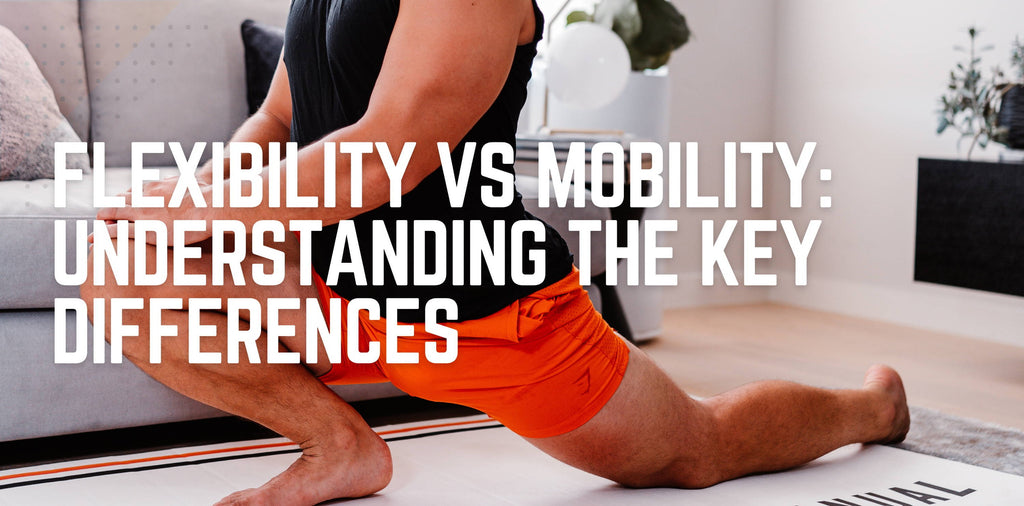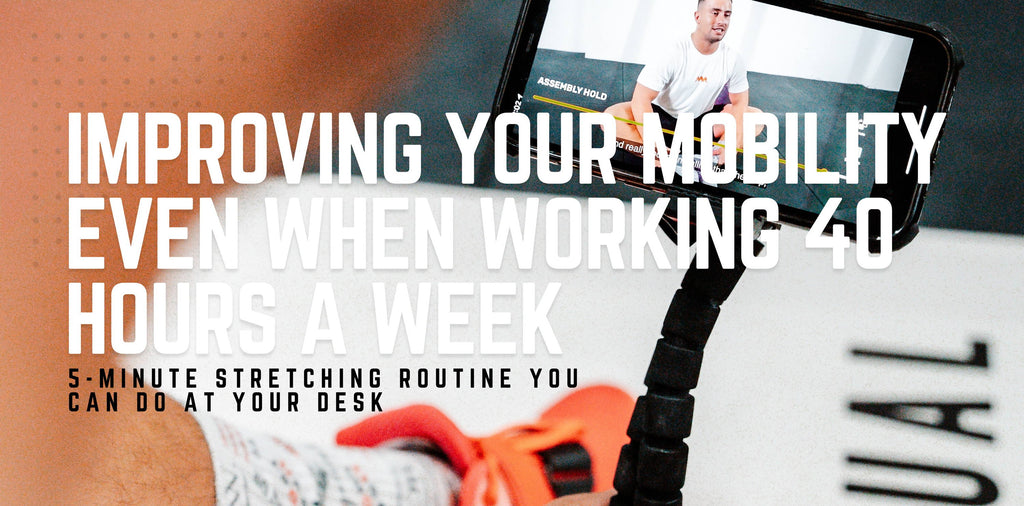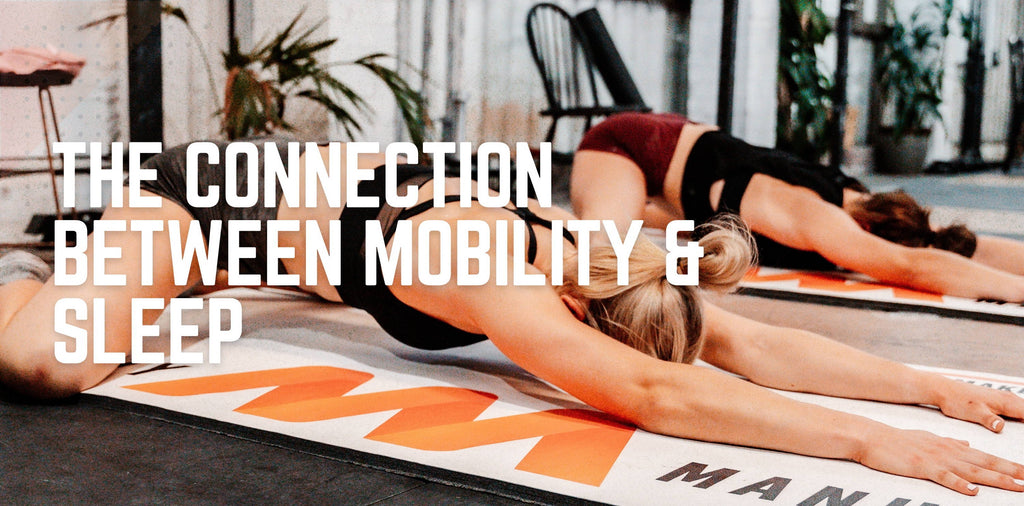The Connection Between Mobility & Sleep: How Sleep Can Improve Your Mobility

There’s a general consensus surrounding sleep that with a nightly 7-9 hours you’ll be able to reap the rewards of decreased risk of health problems, less stress and improved mood, and ability to think more clearly. But, did you know that sleep also plays an important role in supporting your body’s ability to move freely? It’s been confirmed, a good night's sleep can help to improve flexibility and range of motion, reduce inflammation and pain in the joints, and prevent chronic conditions such as arthritis. Let’s discuss the effects of poor sleep on mobility against the benefits of good sleep for mobility.
There is a correlation between tiredness and lack of sleep with higher odds for mobility limitations. Not getting enough sleep can lead to pain and discomfort in the body, particularly in the problem areas of the hips, knees, and shoulders. Common habits such as staying up late, working on electric devices before bedtime, and consuming caffeine before bedtime can all lead to poor sleep, thus leading to a variety of negative effects on one’s mobility.
Aside from all of the health benefits mentioned previously, frequently getting good sleep is essential for the maintenance of healthy joints. Sleep can help improve flexibility and range of motion, and reduce inflammation and pain in the joints. It can also help to improve posture and reduce your risk of injury. A few examples of great sleep-promoting habits that can help to improve mobility include: going to bed and waking up at the same time every day, creating a sleep-conducive environment (such as keeping the bedroom dark and cool), and avoiding electronic devices and caffeine before bedtime.
Want To Improve Your Mobility? Get Instant Access To This Easy 5 Minute Flow To Loosen Up Anywhere
Enter your email below to get this exclusive video direct to your inbox
The great news is that improving sleep for the benefit of your mobility is easy! One of the first things you can do is to make sure you are getting enough sleep, which is around 7 to 9 hours per night. (Use the sleep-promoting habits listed above to assist with this).
Not only that, but you can also make a few changes to your daily routine to help improve your quality of sleep. For example, having a strict and consistent bedtime and wake-up time will allow for your body to get into a regular sleep pattern.
As sleep is essential for overall health and wellbeing, it plays an important role in supporting mobility. A good night's sleep can help to improve flexibility and range of motion, reduce inflammation and pain in the joints, and prevent chronic conditions. By making sure you are getting enough sleep, creating a sleep-conducive environment, and making a few changes to your daily routine, you can improve sleep for better mobility.
With that said, it’s important to add that consistently sleeping well is not enough to drastically improve your range of motion, and so regular mobility work is also necessary. Check out the mobility manuals that we have on offer to help compliment your nighttime routine. You can view them by clicking here.


